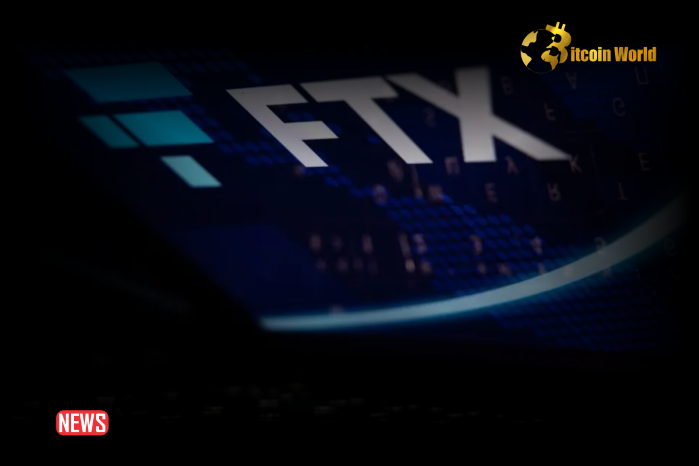The FTX saga continues! Despite aiming to repay creditors, the proposed reorganization plan is facing significant hurdles. What are the key objections, and will FTX be able to overcome them? Let’s dive into the details.
FTX Reorganization Plan: A Smooth Road Ahead?
- The US Trustee and a group of creditors have raised major opposition to the FTX reorganization plan.
- Despite legal challenges, FTX CEO John J. Ray III remains confident that the reorganization plan will proceed as scheduled.
Recent filings in the FTX bankruptcy case reveal broad objections to the FTX reorganization plan by the U.S. Trustee and a group of creditors. While the plan garnered support from over 95% of the creditor body, legal challenges loom, potentially impacting its implementation.
Why Are the U.S. Trustee and Creditors Opposing the Plan?
Despite the broad support, several critical issues have been raised. The U.S. Trustee, Andrew R. Vara, listed the top ten major objections, focusing on:
- Broad Legal Releases: Concerns over excessive immunities granted to bankruptcy officials.
- Unequal Treatment: Disparities in treatment among creditors within the same class based on their size.
- Unnecessary Expenditure: Objections to covering expenses related to a data breach by an estate service provider.
Vara argues that estate professionals are receiving overly generous immunities, exceeding the protection typically provided by relevant statutes. He also criticizes the plan’s provision to cover expenses related to the data breach, asserting that the estate should not bear this burden.
Sunil Kavuri, representing a large group of FTX creditors, and other representatives of the platform’s retail customers, have also filed complaints. Kavuri advocates for in-kind reimbursements, suggesting that creditors who lost Bitcoin should receive Bitcoin back, potentially mitigating tax liabilities on their losses.
Will FTX Overcome These Legal Hurdles?
Despite these challenges, FTX CEO John J. Ray III remains optimistic. He emphasizes the overwhelming support from creditors and maintains that the reorganization plan is on track for completion, with full payment and interest to all creditors, excluding governmental entities.
However, the case continues to unfold with an independent examiner, Robert Cleary, tasked to probe into the bankruptcy proceedings after a ruling reversing an initial denial of his appointment.
Key Objections to FTX Reorganization Plan
Here’s a breakdown of the main points of contention:
| Issue | Description |
|---|---|
| Broad Legal Releases | Estate professionals receiving excessive immunities beyond statutory protections. |
| Unequal Treatment | Different treatment of same-class creditors based on size. |
| Data Breach Expenses | Covering expenses related to a data breach by an estate service provider. |
| In-Kind Reimbursements | Advocacy for returning Bitcoin to creditors who lost it, instead of monetary equivalents. |
What Does This Mean for FTX Creditors?
The legal challenges to the FTX reorganization plan introduce uncertainty for creditors. While the plan aims for full repayment, these objections could delay or alter the process. Creditors should stay informed about the proceedings and understand their rights.
- Stay Informed: Keep up-to-date with court filings and news regarding the FTX case.
- Understand Your Rights: Know your entitlements as a creditor in the bankruptcy proceedings.
- Seek Legal Advice: Consult with legal professionals to understand the implications for your specific situation.
Conclusion: A Bumpy Road to Recovery for FTX?
The FTX reorganization plan, while supported by a majority of creditors, faces significant legal challenges. The U.S. Trustee’s objections and the call for in-kind reimbursements add complexity to the proceedings. Whether FTX can navigate these hurdles and deliver on its promise of full repayment remains to be seen. The situation underscores the importance of regulatory clarity and investor protection in the cryptocurrency space.
Disclaimer: The information provided is not trading advice, Bitcoinworld.co.in holds no liability for any investments made based on the information provided on this page. We strongly recommend independent research and/or consultation with a qualified professional before making any investment decisions.



